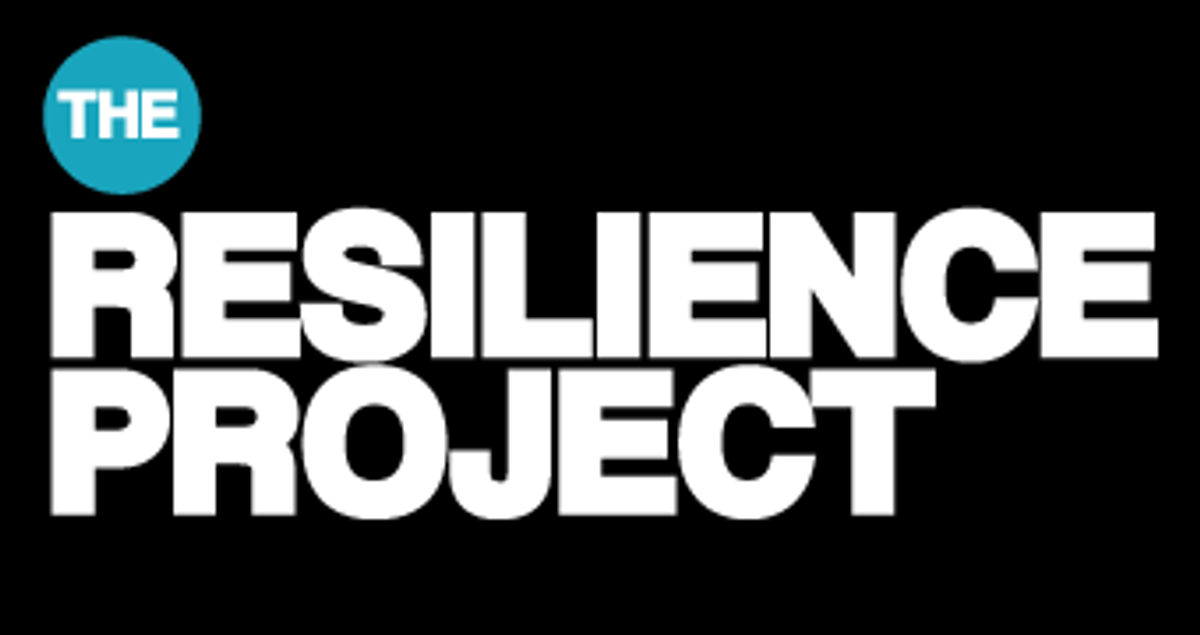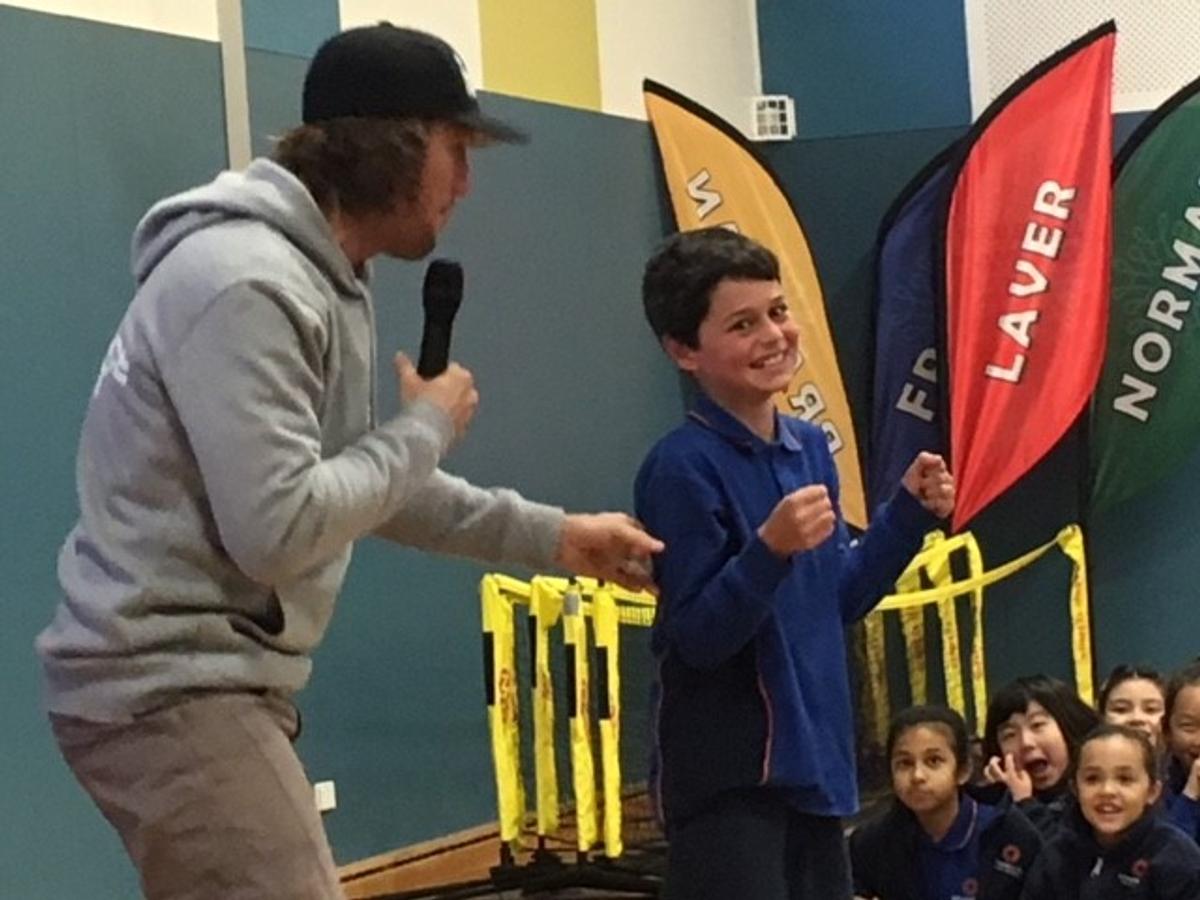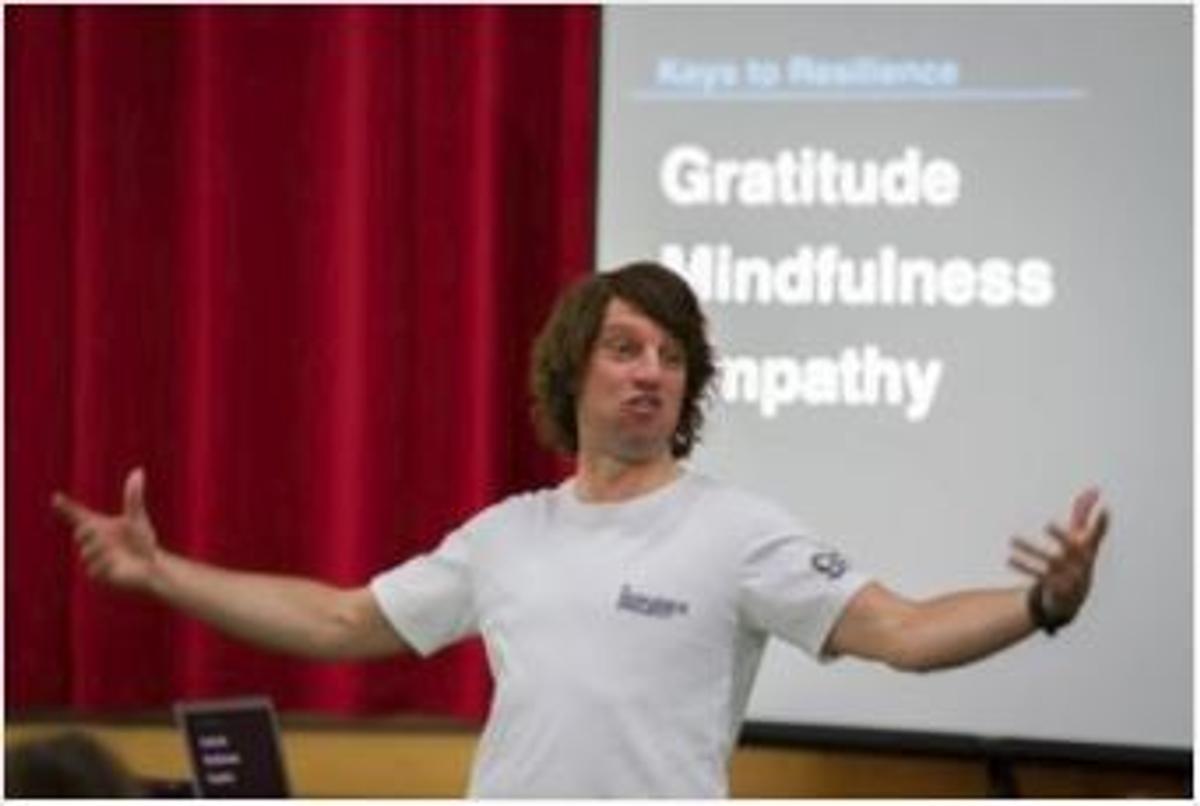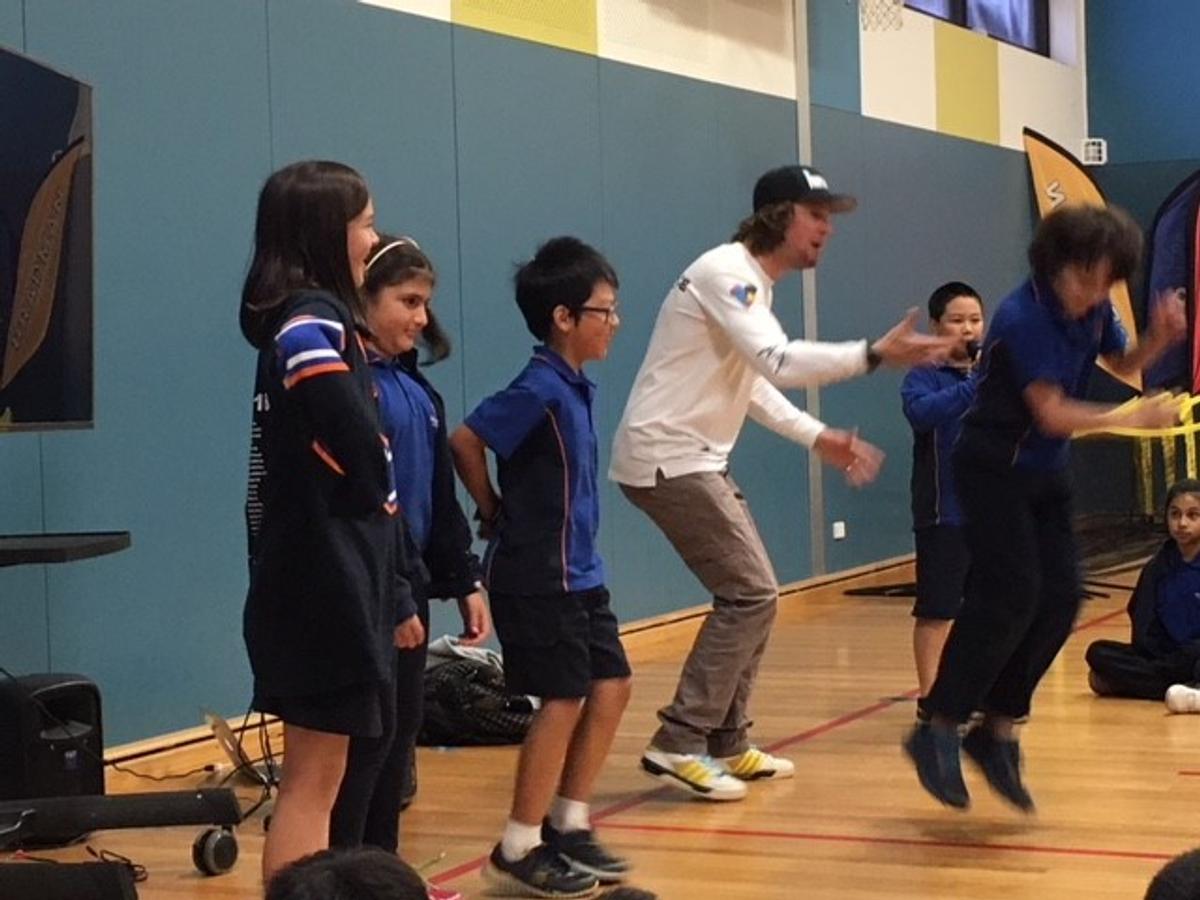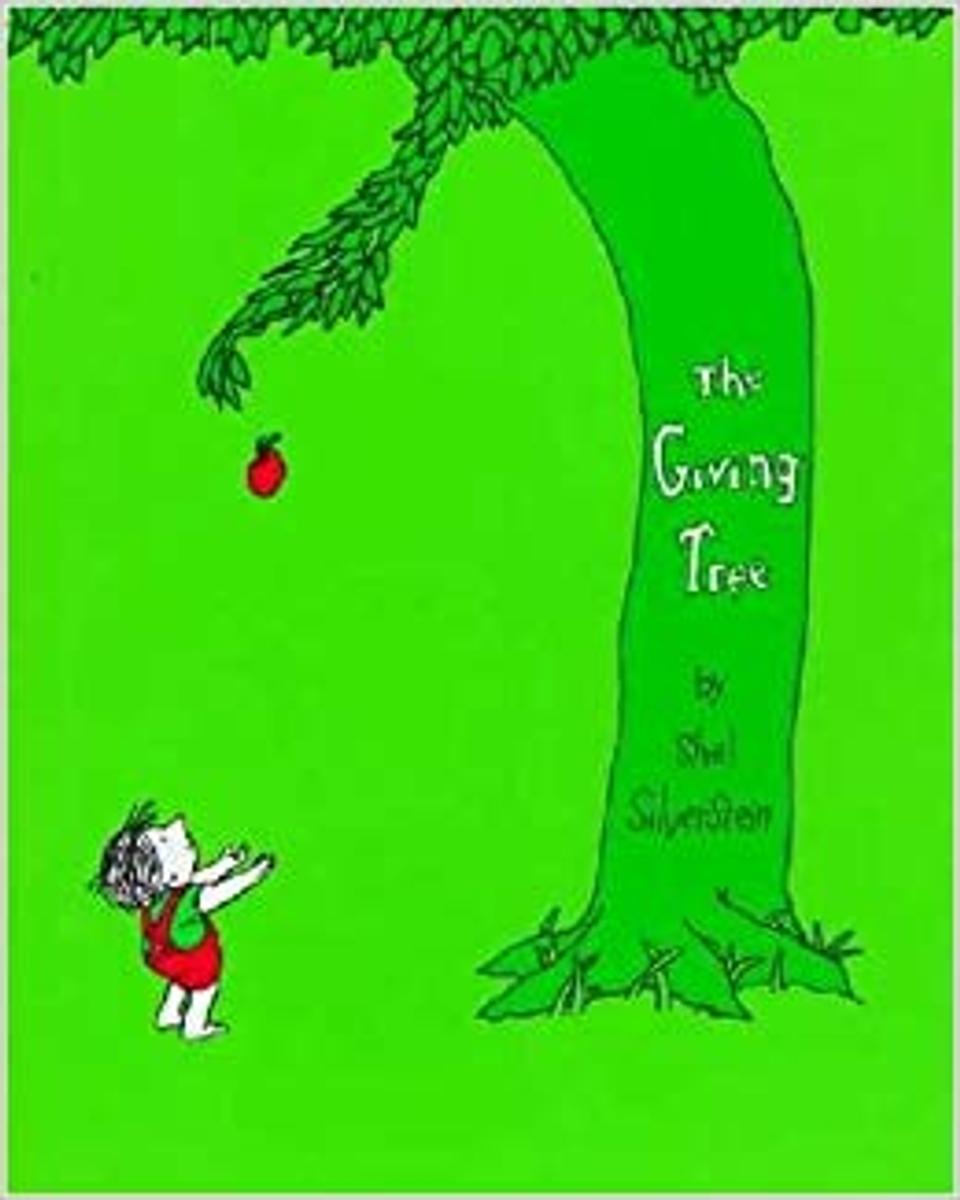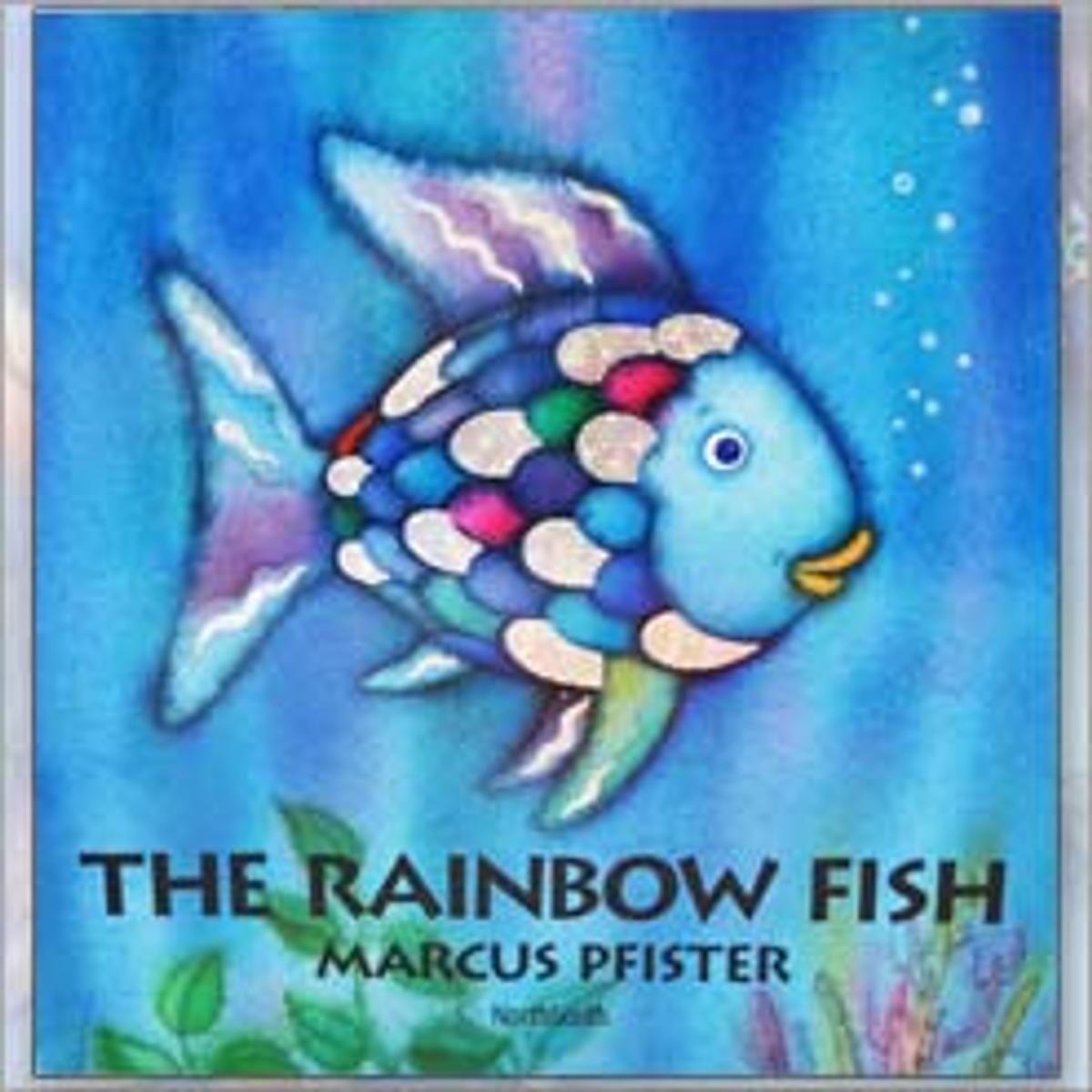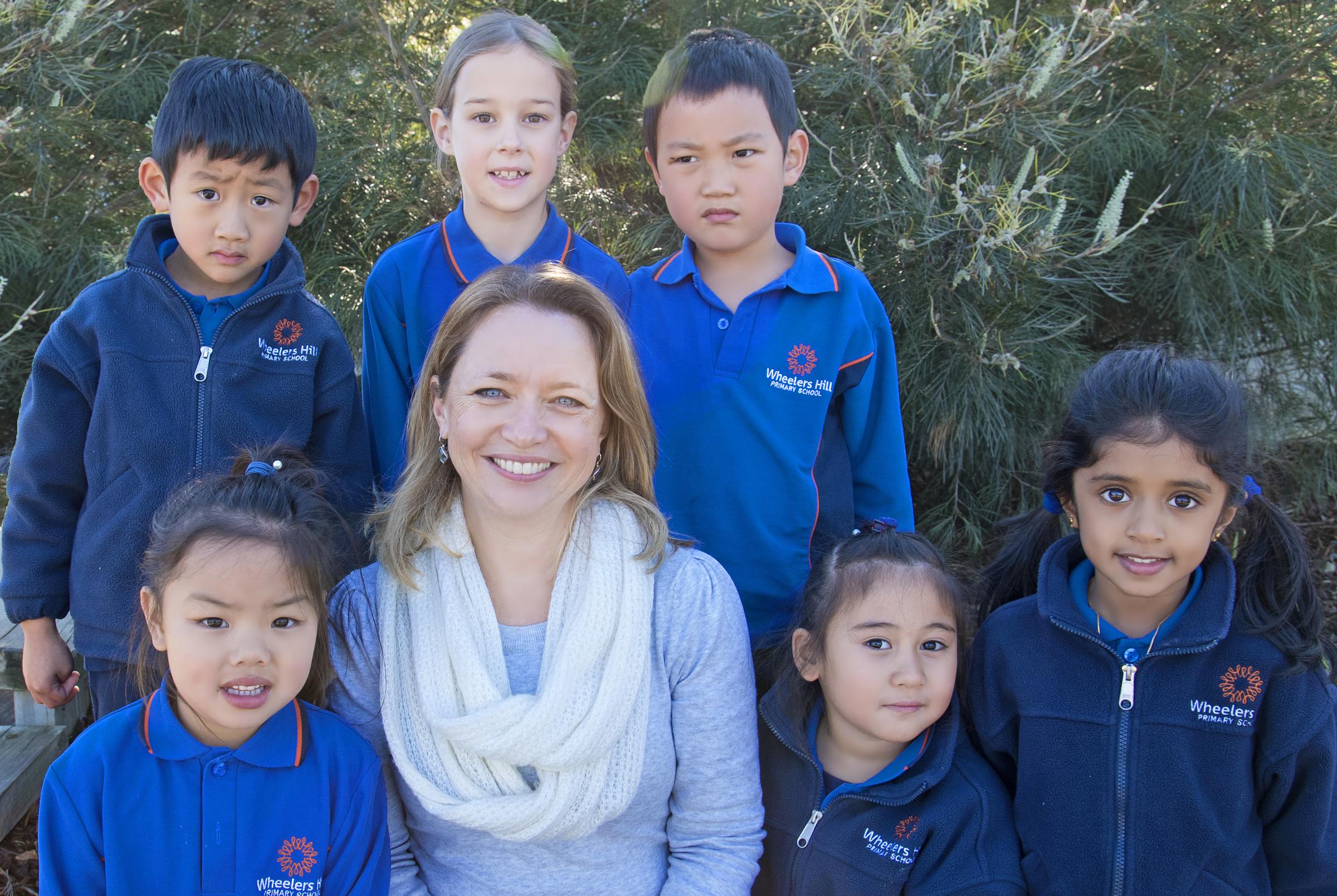
Assistant Principal's Report Katrina Spicer - Welfare and Wellbeing
22nd February 2019
Resilience Project Parent Information Evening
Wheelers Hill Primary School has been working with The Resilience Project for several years now. The Resilience Project delivers emotionally engaging programs to schools, sports clubs and businesses, providing practical, evidence-based, positive mental health strategies to build resilience and happiness.
The Resilience Project has delivered programs to over 500 schools around the country and worked with many elite sporting teams including the Australian cricket, netball and soccer teams, NRL and AFL clubs.
Through presentations, wellbeing journals, school curriculum, teacher diaries and the Resilience Project app, the aim of the Resilience Project is to seek to help all Australians become mentally healthy.
Martin Heppell from The Resilience Project will present a Parent Information Evening at Wheelers Hill Primary on Wednesday, 27th February from 7.00 – 8.30pm in the hall. This is a free event and all parents are welcome to attend. Please note this is a Parents Only event. No child care will be provided for this event.
Please book via TryBooking: https://www.trybooking.com/467552
Bookings will be open until 3.30pm on Wednesday, 27th February.
Should you wish to find out more about The Resilience Project, click on the following links:
https://theresilienceproject.com.au/
https://www.youtube.com/channel/UCYbrgVRFaU1keBDWp5pIhUw
Generosity
Generosity is the act of being kind, selfless and giving to others. Despite the fact that generosity improves the lives of others, studies have shown that the act of giving can have a profound affect on ones' own well-being. Generosity is closely linked to compassion and empathy, and stems from a deep sense of wanting to share and spread something positive.
Generosity does not only mean giving other people your tangible items such as money and things, it can also mean giving your time, attention, hard work, patience, kind words and talents to help and encourage others.
It is our default position to be generous, but our thoughts can override our natural inclination to give. We may may come up with reasons why we shouldn't give to others - perhaps we want to buy something for ourselves, we are afraid of not having enough or we think we are too busy. But if our goal is happiness and well-being, then that is a mistake. it's quite simple: we feel happier when we give to others .
So how can we help our children to be generous?
Firstly, we have to practice generosity ourselves. Children will watch and copy what we do. We need to talk about it. Point out when others are generous and praise our children when they perform a generous act. Encourage it. Look for opportunities to help your children to be generous and do things for others. Visit a neighbour and offer to help, make a special gift for someone, pitch in together to do something for someone else, and expect nothing in return.
Read and tell stories of generosity such as The Rainbow Fish by Marcus Pfister or The Giving Tree by Shel Silverstein.
Our world is desperately in need of kind and generous people. They improve society, they inspire us, they push us forward and they make the world a better place.
The Importance of Play
Over the next few editions of the Newsletter, I will be attaching a series of posters which discuss the importance of play in our children's lives.
Katrina Spicer
Assistant Principal - Welfare and Wellbeing
Parenting Ideas Article
Unearthing Kids' Strengths
By Professor Lea Walters (PhD)
Personality strengths – our character – play a big role in helping us build our our talents. Think about anyone who has built a talent and imagine if it could have been done without character. Imagine Einstein without curiosity, The Beatles without creativity, Mother Teresa without compassion or Neil Armstrong without bravery.
Yet for decades, scientists were blind to character strength. We focused on talent, often on physical strength and skills. In fact, when I first ask young children what they think a strength is, they almost always point to their biceps or talk about being able to lift something heavy.
Once you get familiar with the language of strengths and a framework for seeing them, you’ll see character strengths easily in your child. In fact, you may find your child calls on their character strengths more often than on talent to meet life’s challenges.
Three key elements of a strength
You’ve probably seen a child joylessly perform at a piano recital. They may hit all the right keys, but there’s no energy or enthusiasm. It’s as if they don't want to be there. On the flip side, we’ve seen the child onstage who’s clearly motivated and energised and who fearlessly flails through every mistake – of which there are many.
It turns out that three elements come together to form a strength. For purposes of strength-based parenting, we need to keep our eye on all three:
1. Performance (being good at something).
Watch for when your child shows above-age levels of achievement, rapid learning, and a repeated pattern of success.
2. Energy (feeling good doing it)
Strengths are self-reinforcing. The more we use them, the more we get from them. They fill us with vigour. You’ll notice your child has abundant energy when using a strength.
3. High use (choosing to do it)
Finally, look for what your child chooses to do in their spare time, how often they engage in a particular activity, and how they speak about that activity.
For true strengths, these three elements form a beautiful feedback loop: great performance provides the child with a shot of high energy, so the child naturally chooses to do more. In turn, high use – also known as effort or practice – improves performance levels. So, for example, if you notice that your child is energised when they play the piano, and you provide enjoyable opportunities for them to play, if they're mining a true strength they will likely practise more, which improves their performance, which then energises them … and so the loop continues.
Keeping this triad in mind will help you avoid pushing your child into an area that seems like a strength just because your child is good at it. It will also help you differentiate between whether your child is bingeing on an activity in an escapist way or expressing a true strength.
For example, when a parent asks me, 'My son is great at computer games and wants to play all the time. Is that a sign of a strength?' I reply, 'Observe his energy levels at the end. Is he drained and cranky? Or energised and full of life? Are you seeing the full triad?' Computer games can tap into a child’s strategic and problem-solving skills or stimulate creativity (in some games, you invent whole new worlds). Or they might just be about filling time.
So look for all three signs. When you see your child do something well, with energy, and repeatedly, you’ll know you’ve unearthed a strength.

